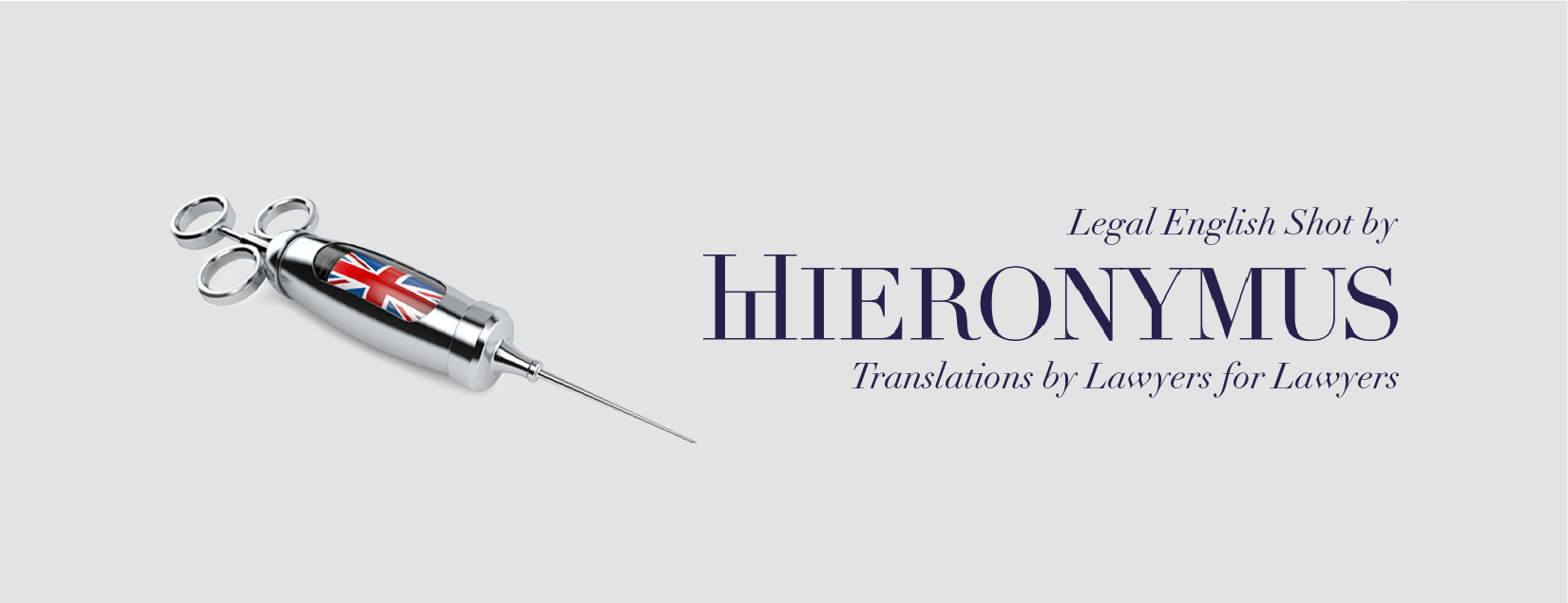What to call an Auskunftsperson or personne appelée à donner des renseignements in English?
Any person who is required to give information to the police or to testify at a trial is referred to as a “witness” in English.
Under British law, in order to give evidence, witnesses must be “competent”, i.e. able to understand and answer the questions put to them as witnesses (compare to Art. 163 of the Swiss Criminal Procedure Code [CrimPC]: Zeugnisfähigkeit; capacité de témoigner). The person charged in criminal proceedings (accused or co-accused) is not competent to give evidence for the prosecution in the proceedings (compare to CrimPC Art. 157 et seqq. regarding the rights of the accused to remain silent: Einvernahme der beschuldigten Person; audition du prévenu).
Witnesses are said to be “compellable” if they can be sworn and required to give truthful answers to all admissible questions, on pain of being punished for contempt of court if they refuse to do so, and for perjury if they lie (compare CrimPC Art. 163: Zeugnispflicht, obligation de témoigner).
The spouse or civil partner of the person charged, for instance, cannot be required by the prosecution to testify against the Defendant, since the witness can invoke the right to withhold testimony (“non-compellable witness”, compare CrimPC Art. 168: Zeugnisverweigerungsrecht; droit de refuser de témoigner).
Witnesses are said to be “privileged” if (though competent and compellable) they may lawfully refuse to answer certain questions, by invoking, for instance, the privilege against self-incrimination (or pleading the 5th Amendment in the US), and/or are immune from penalties in case of refusal to testify (see CrimPC Art. 180(2) for the rules applicable to private claimants in criminal proceedings [Privatklägerschaft, partie plaignante]).
“Privileged witness” is therefore the best translation for Auskunftsperson or personne appelée à donner des renseignements as defined under CrimPC Art. 178.
There is no reason to use the cumbersome “person called upon to give information” that can be “witnessed” in some unfortunate translations.
In this context, the term “informant” should also definitely be avoided. An informant (also referred to as an “informer”, “CHS” [Confidential Human Source] or “CI” [Criminal Informant]) is someone who provides incriminating information about someone else to the police, either voluntarily or for some reward (Informant, V-Mann or Spitzel; indicateur, indic or mouchard). While it is true that informants may end up as witnesses, and sometimes even as privileged witnesses, most witnesses are only rarely also informants.

